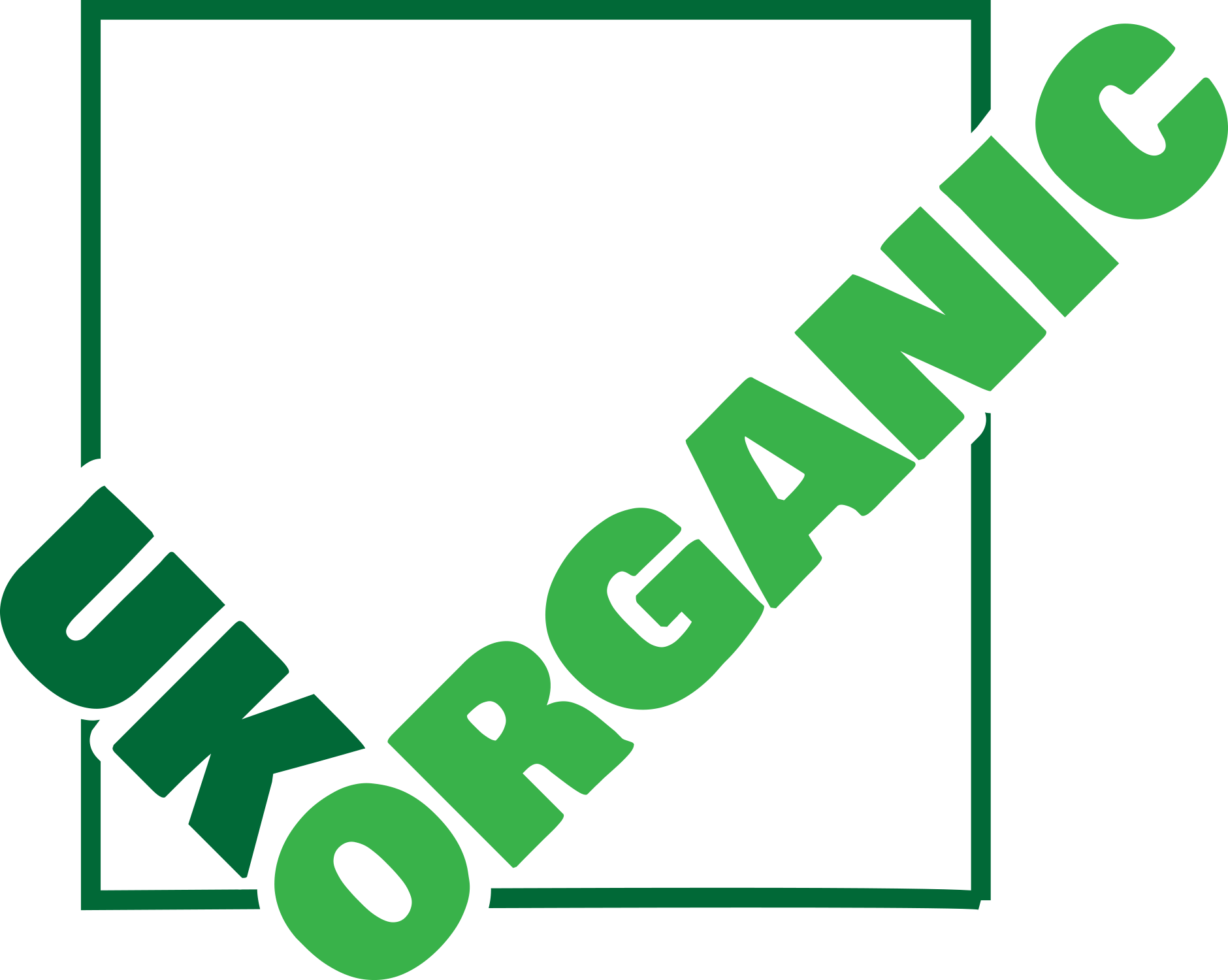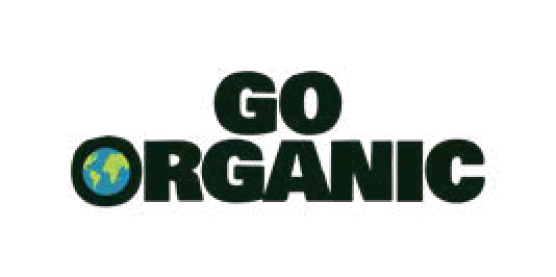
A new poll launched ahead of the first ever Organic Textile Week (15th-21st May 2023) reveals that 70% of Brits would turn their backs on greenwashing clothing brands that are intentionally misleading them.
In the survey of 2,000 people across the UK, two thirds (70%) said that if they found out a brand was falsely claiming their products were organic, they would be less likely to purchase that brand in the future. Three if five people polled (59%) said they were “angry” or “disgusted” to find out that some clothing brands claiming to be organic may actually contain hazardous synthetic pesticides and other chemicals.
It’s important for almost three in five people (57%) the clothes and textiles they buy are genuinely sustainable. Consumers are not interested in buying from companies who engage in greenwashing – that is, making false or misleading claims to exaggerate their sustainability efforts.
On the flip side, over three quarters of respondents are unsure or unclear of what certified organic textiles actually mean and almost a third of Brits didn’t know organic textiles or clothing even exist (29%).
Over half (56%) don’t know how to recognise whether or not an item of clothing or textiles are certified organic or not – HINT – look for the GOTS logo.
With the goal of raising awareness and educating consumers, Organic UK, the Organic Trade Board (OTB) in partnership with Global Organic Textile Standard (GOTS) are launching the first UK Organic Textile Week. Key brands from clothing, childrenswear, personal care and home textile such as People Tree, Natracare, Bamford, My Little Green Wardrobe, Greenfibres, de Le Cuona and Organ(y)c are coming to together to celebrate and promote certified organic textiles, while informing consumers about how to identify truly organic options.
Christopher Stopes, GOTS UK Representative, said: “GOTS is the worldwide leading textile processing standard for organic fibres, including ecological and social criteria, backed up by independent certification of the entire textile supply chain. GOTS makes stringent requirements and ensures that key requirements of the UN International Labour Organisation (ILO) are met.
“The aim of the standard is to define world-wide requirements that ensure organic status of textiles, from harvesting of the raw materials, through environmentally and socially responsible manufacturing up to labelling. This provides a credible assurance to the end consumer and protects the market from greenwashing – which is prevalent in the textile sector. These statistics show it’s important to people that they buy genuine organic textiles to ensure sustainability. An aware consumer and the use of our GOTS standard will ensure brands don’t get away with greenwashing for long.”
Currently, organic food is a legally protected definition – but this isn’t the case for textiles. The poll reveals that the majority of those surveyed (70%) think it should be a legal requirement for clothing brands to adhere to a clear organic textile processing standard, in order to be able to display the word organic on their products. This would help consumers recognising greenwashing.
Almost a quarter (24%) of those surveyed are aware of the term ‘organic textiles’ which is a heartening start for the campaigners.
Textiles labelled “organic” are based on organic natural fibres, grown on organic farms without the use of chemicals, pesticides and fertilisers. Processing according to GOTS means that strict environmental and social standards apply. Organic textiles processed to GOTS are independently certified by GOTS approved certification bodies.
While the majority of organic fibres produced worldwide is cotton, consumers may not be aware that hemp and linen are alternative sustainable crops which use less water than cotton. With this in mind, over half of Brits (54%) said they would actively look to buy more organic hemp and linen clothing products certified to GOTS. Cristina Dimetto, CEO of the Organic Trade Board (OTB), said:
“For the first time in OTB history, we are launching an organic textile awareness week to raise awareness, contribute to consumers’ understanding and ultimately to fight greenwashing in textiles, including everything from clothing and childrenswear to house textiles and personal care. Our ambition is to make organic a conscious choice and not just a purchase.
“Every certified organic textile purchase makes a huge positive difference to ourselves, people and our planet. The partnership with GOTS reinforces the OTB commitment to bring the whole organic industry together, and to grow awareness and sales for organic in all its sectors.”
For more information please visit www.organictextileweek.co.uk


